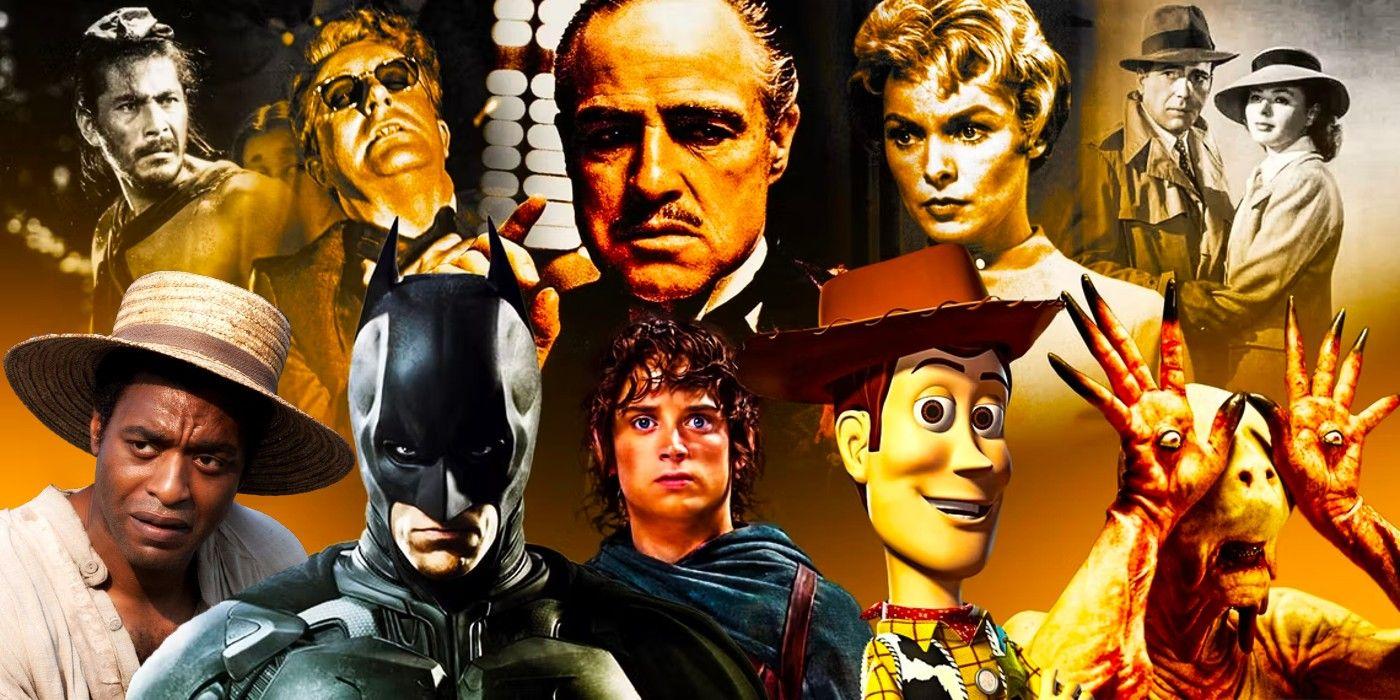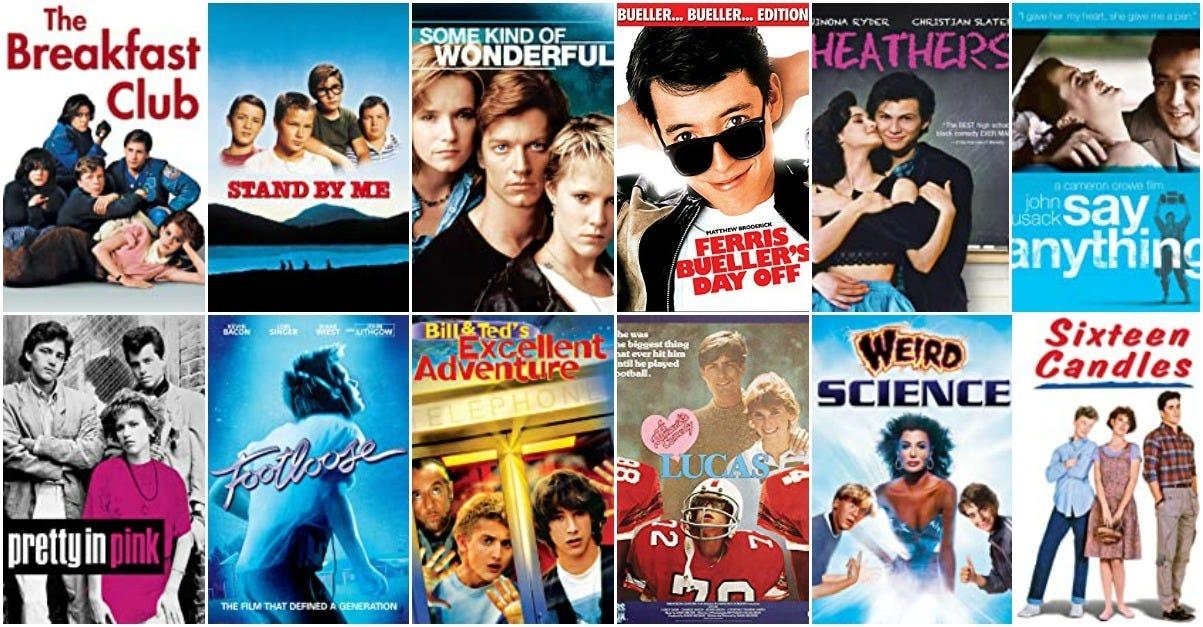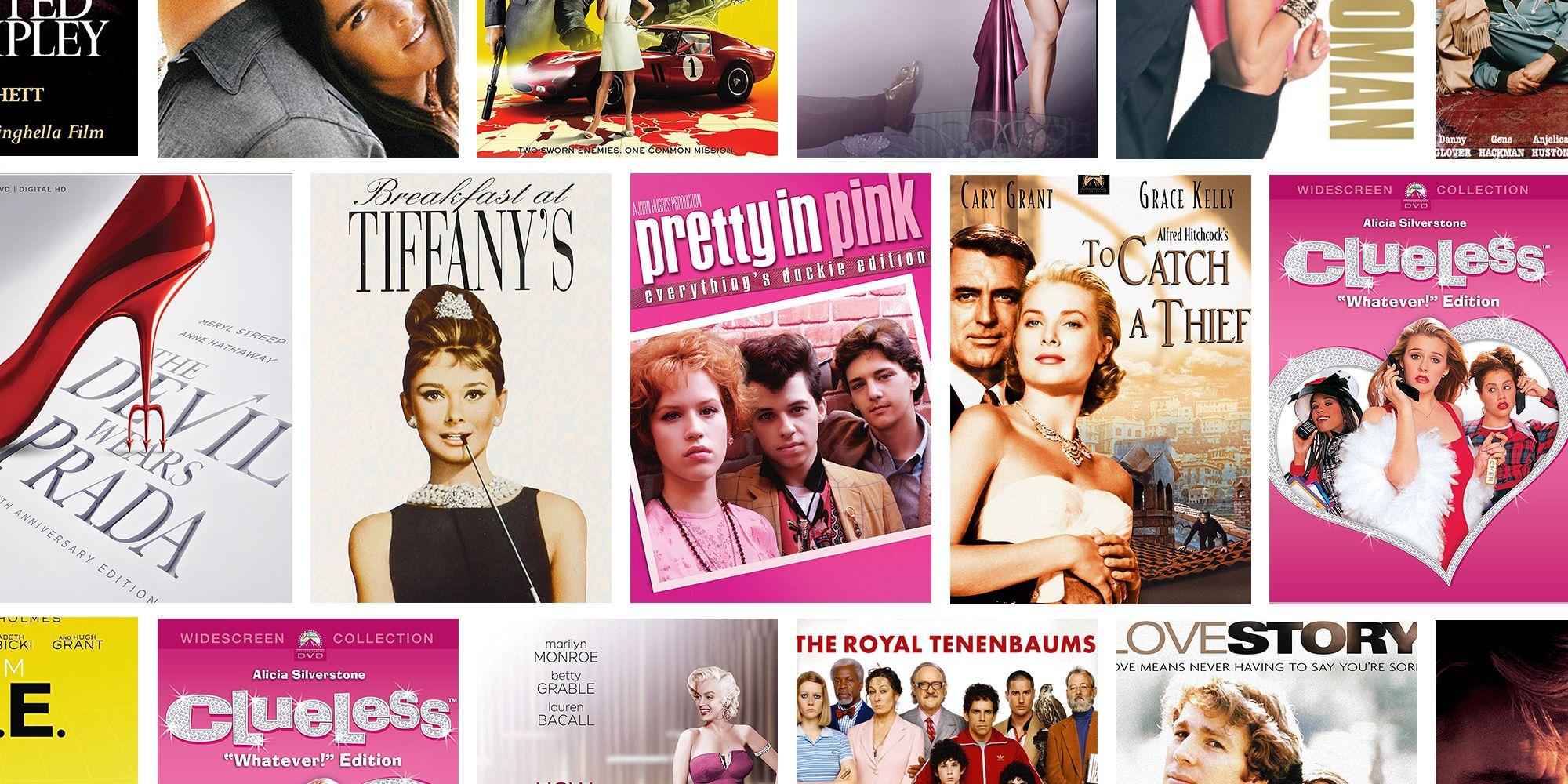In the ever-evolving tapestry of cinematic history, certain films stand as timeless monuments, their narratives and artistry echoing through the corridors of time. These iconic movies, though birthed in eras vastly different from our own, possess a rare alchemy that keeps them perennially relevant. They are the cultural touchstones that continue to shape and reflect society, transcending the boundaries of their original contexts to speak to new generations. As we journey through the digital age, where fleeting trends often overshadow enduring legacies, these films remain steadfast beacons of storytelling excellence and thematic profundity. Join us as we explore the cinematic masterpieces that have not only withstood the test of time but have also continued to inspire, challenge, and captivate audiences around the globe.
Cinematic Masterpieces: Exploring Timeless Themes and Their Modern Resonance
Some films transcend their era, resonating across generations with themes that continue to hold significance in modern society. These cinematic gems are not just entertainment; they are profound commentaries on human nature, societal structures, and universal truths. “The Godfather“ remains a quintessential exploration of power, family loyalty, and the American Dream. Its depiction of moral ambiguity and the intricate dynamics of family and crime continues to captivate audiences, reflecting modern-day dilemmas of ethics and ambition.
Another timeless classic, “To Kill a Mockingbird,” addresses racial injustice and moral integrity. Its exploration of prejudice and empathy echoes loudly in today’s world, where conversations around equality and justice are more relevant than ever. Meanwhile, “Blade Runner” challenges our understanding of humanity and technology, a theme that resonates in the current age of AI and digital transformation. These films, with their rich narratives and enduring themes, offer invaluable insights and remain poignant reminders of the complexities of the human experience.
- Power and Ambition – As seen in “The Godfather”
- Justice and Equality – Explored in “To Kill a Mockingbird”
- Humanity vs. Technology – Delved into in “Blade Runner”

Cultural Phenomena: How Classic Films Shape Contemporary Conversations
Classic films often serve as cultural touchstones, their narratives and characters leaving indelible marks on society. These cinematic masterpieces resonate with audiences across generations, influencing everything from fashion to dialogue. In today’s world, they are more than just relics of the past; they are active participants in contemporary discussions. “The Godfather”, with its portrayal of power and family dynamics, continues to inform debates on loyalty and ethical decision-making. “To Kill a Mockingbird” remains a poignant reminder of the ongoing struggle for racial equality, providing a lens through which to view current social justice movements.
- Star Wars: Its exploration of good versus evil and the hero’s journey has become a universal language, influencing modern storytelling across genres.
- Breakfast at Tiffany’s: Audrey Hepburn’s iconic role as Holly Golightly continues to impact fashion and discussions on gender roles and independence.
- Casablanca: This film’s themes of love, sacrifice, and resistance echo in today’s narratives of global conflict and personal allegiance.
These films not only entertain but also challenge audiences to reflect on their values and the world around them. Their enduring relevance is a testament to the power of cinema to transcend time and spark meaningful conversations.

Enduring Narratives: Analyzing Iconic Movies and Their Lasting Impact
In the ever-evolving landscape of cinema, certain films transcend their era, continuing to resonate with audiences decades after their release. These timeless masterpieces not only captivate with their storytelling but also offer profound insights into the human condition, societal norms, and cultural shifts. Here are a few iconic movies that maintain their relevance:
- The Godfather (1972): This epic tale of power, loyalty, and family dynamics remains a touchstone for understanding the complexities of human ambition and morality. Its influence is seen in countless films and series, from the nuanced character studies to the portrayal of organized crime.
- Blade Runner (1982): As discussions around artificial intelligence and human identity grow, Ridley Scott’s vision of a dystopian future continues to be eerily prescient. Its exploration of what it means to be human is more relevant than ever in our technologically driven world.
- Pulp Fiction (1994): Quentin Tarantino’s non-linear narrative and sharp dialogue revolutionized storytelling in cinema. Its cultural impact is reflected in the myriad of films that have since embraced unconventional storytelling and stylized dialogue.
These films not only serve as cultural touchstones but also provide a lens through which we can examine our present and future. Their enduring impact underscores the power of cinema to reflect and shape society, remaining essential viewing for new generations of film enthusiasts.

Must-Watch Classics: Essential Films That Continue to Influence Today
In the ever-evolving landscape of cinema, certain films stand as timeless beacons of storytelling, resonating across generations. These masterpieces not only define the eras they were created in but also continue to shape contemporary filmmaking. Among these influential classics are:
- The Godfather (1972): A saga that intricately weaves themes of power, loyalty, and family, this film remains a touchstone for crime dramas and is often cited for its compelling narrative and unforgettable performances.
- Casablanca (1942): Beyond its romantic plot set against the backdrop of World War II, this film is a study in human resilience and sacrifice, with lines and scenes that have permeated popular culture.
- Citizen Kane (1941): A pioneering film in narrative structure and cinematography, its influence is evident in modern storytelling techniques and the exploration of complex characters.
- Psycho (1960): Alfred Hitchcock’s masterpiece that redefined the thriller genre, its psychological depth and innovative editing continue to inspire filmmakers around the world.
These films, among others, serve as cultural touchstones, offering valuable lessons in storytelling, character development, and thematic depth. They remind us that while technologies and trends may evolve, the core elements of powerful cinema remain unchanged.


